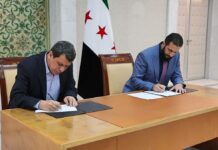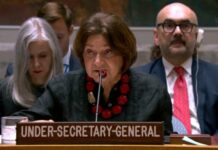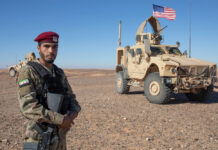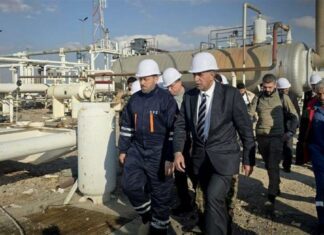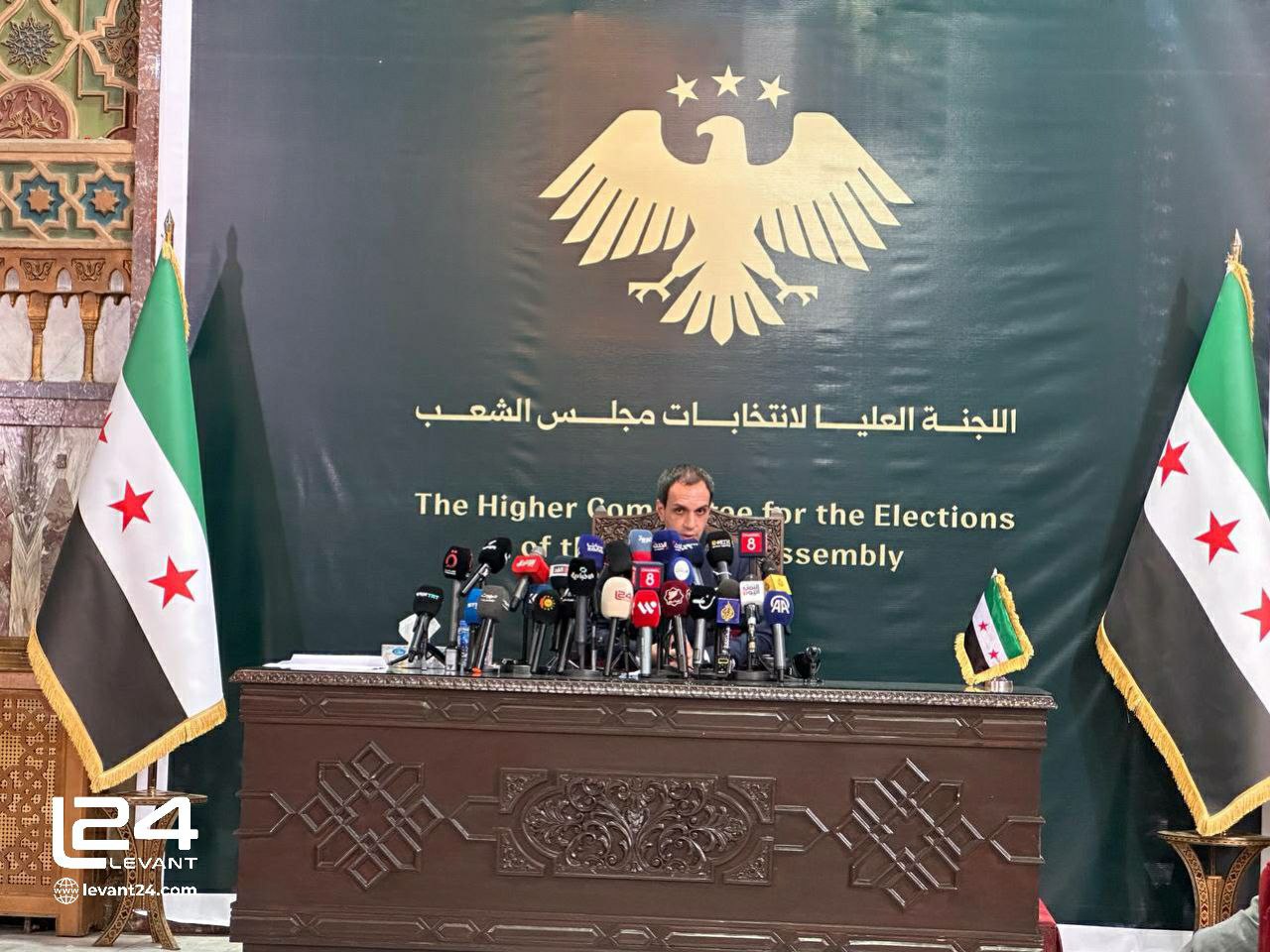
Monday, September 6, Syria’s Supreme Committee for People’s Assembly Elections announced the final results of the country’s first parliamentary elections since the fall of Bashar al-Assad, describing them as “non-appealable.” The vote marks the first legislative process under transitional President Ahmed al-Sharaa and the first indirect election in modern Syrian history.
“This representative will serve all Syrians, regardless of affiliation,” said Nawar Najma, the committee’s spokesperson, during a press conference. Najma said the delay in counting ballots in Damascus “was a positive thing” that reflected the authorities’ efforts to “avoid quotas.”
Under the new system, nearly 6,000 members of local electoral colleges selected 119 of the 210 parliamentarians, while the remaining 70 will be appointed by the presidency. The remaining 21 seats—allocated to Suwayda, Raqqa and Hasakah—will remain vacant until conditions allow voting in those provinces, where security concerns delayed the process.
New Electoral Framework and Representation Gaps
The vote took place under Presidential Decree No. 66 of 2025, which established the Supreme Committee for People’s Assembly Elections, chaired by Muhammad Taha al-Ahmad. A subsequent decree, No. 143, set the chamber’s size at 210 members, with electoral districts formed along administrative boundaries.
The decrees also laid out eligibility rules for electoral college members: none could have served in parliament or been candidates since 2011 unless proven to have defected from the former regime. Individuals linked to the Assad government, “terrorist organizations,” or advocates of secession were barred from participation. At least 20% of seats were reserved for women, with additional representation for displaced persons, war-wounded citizens and families of those killed during the revolution.
Despite these quotas, Najma acknowledged the limited results for inclusivity. “The representation of Syrian women was not satisfactory, and Christian representation was weak—only two seats,” he said. Election observers confirmed that six women and 10 minority representatives won seats, making the new body predominantly male and Sunni.
Ahmad, the committee’s head, said quotas were less important than “finding people capable of working and building.” He described the elections as “revolutionary” and reflective of Syria’s ongoing transition.
Mixed Reactions and Electoral Concerns
The transitional government has hailed the elections as a historic step toward institutional reform. Sharaa called the process “a testament to Syria’s resilience and commitment to reconstruction.” However, rights groups have voiced concern over the lack of direct suffrage and limited oversight.
Some noted that, while the system aims to balance representation amid postwar instability, it still concentrates power in the executive branch. Under the transitional constitution, the president holds veto authority over parliamentary legislation.
Nonetheless, Najma said the new parliament “believes in the principles of the revolution” and would “support the government while monitoring its work.” The final results, he emphasized, are definitive and “not subject to appeal.”

